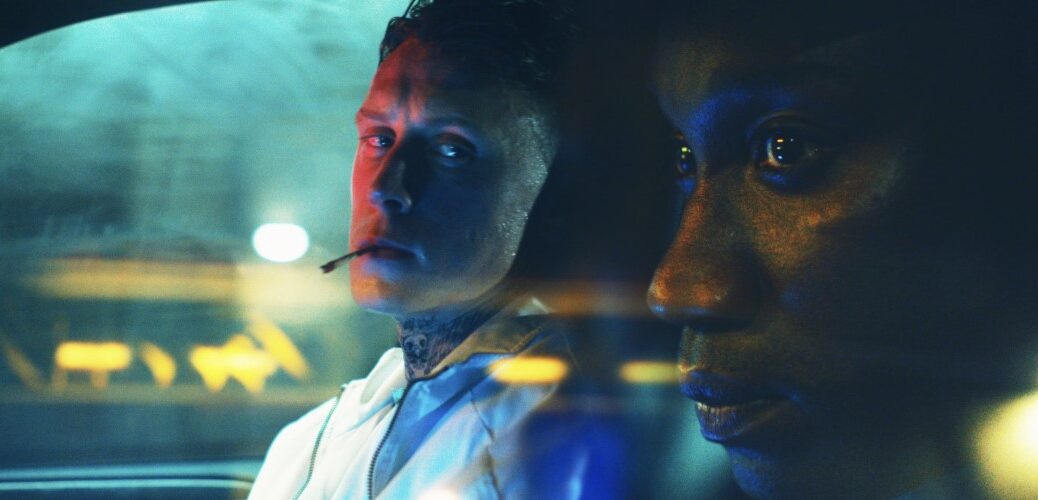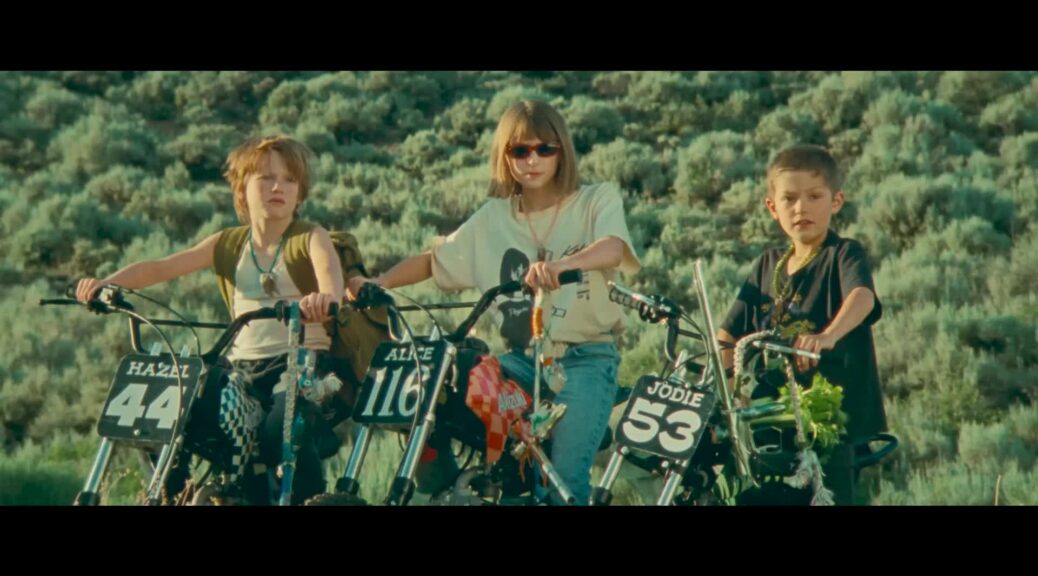Anora
by Matt Weiner
Sean Baker doesn’t shy away from seamy subcultures, and the worthiness of people trying to get by outside of conformity. Yet it hasn’t been until his Palme d’Or winner Anora that he has found one group without any redeeming qualities. This shocking and depraved group of people is, in this case, the jet-setting global elite.
Anora “Ani” Mikheeva (Mikey Madison) is no stranger to high rollers at her luxe Manhattan strip club. But there’s wealthy, and then there’s wealthy. When a party of Russians ask for a dancer who speaks their language, Ani becomes an object of desire to Ivan “Vanya” Zakharov (Mark Eydelshteyn, pitch perfect as a manic boychild whose naivete can turn on a dime from charming to something nearing sociopathic disinterest).
Vanya has taken up residence in his Russian oligarch parents’ Brighton Beach mansion. He is in America to study, but spends his days playing video games and his nights partying into oblivion—anything to avoid being sent back to Russia to join the family business. His relationship with Ani quickly escalates, from sex work outside the club to becoming an exclusive escort to an impromptu Vegas marriage.
This being a Baker fairytale, Ani’s whirlwind rags-to-riches marriage is only the beginning of her Cinderella story. What follows is a comically grotesque odyssey through the Russian-dominant Brighton Beach, as Vanya eludes his new bride and a superb supporting cast of family fixers and toughs sent to get the marriage annulled before more shame is brought on the Zakharov family.
With the callow Vanya on the run, Baker instead focuses on the chaos and damage (both physical and emotional) left in his wake. And while this is a deserved star turn for Madison, who is electric and enthralling, she is just one of the victims of Vanya’s selfishness.
She joins—or rather is dragooned into—the evening’s hunt for Vanya by a trio of Russian and Armenian strongmen, led by the beleaguered Orthodox priest Toros (Karren Karagulian, a Baker mainstay in his best role yet).
For much of their night together, Baker pulls off a risky balance between outright comedy and what is, essentially, the kidnapping of a sex worker by three large, powerfully connected men. None of this would work without Baker’s characteristic empathy for everyone. And it certainly wouldn’t feel so easy-going were it not for the relationship between Ani and the silent strongman Igor, played by Yura Borisov with a standout turn that nearly rivals Madison’s.
Baker’s most memorable characters are often wrestling with the American dream, and Baker himself seems like a Rorschach test for your own baggage: both pointed critic and secret optimist. Even at his most hopeful, though, there’s always a catch. Save the very few who can buy their way to hedonic bliss, carving your own real-life fairytale ending won’t look like it does in a Disney movie.














